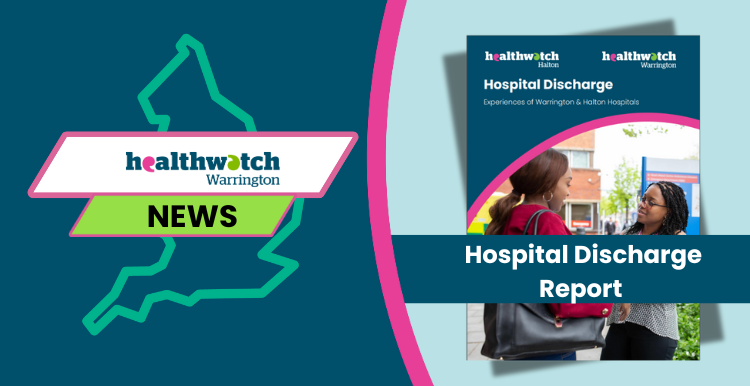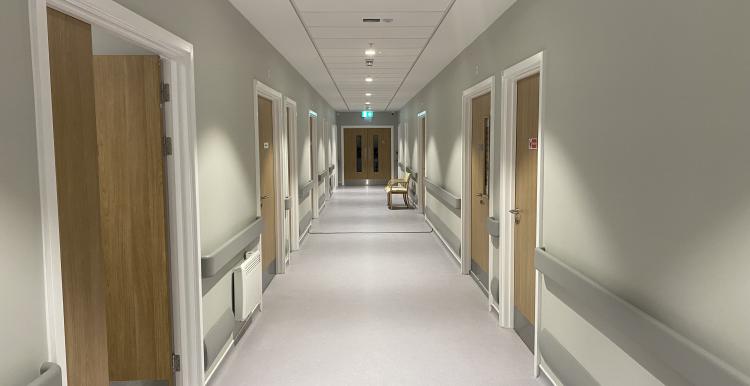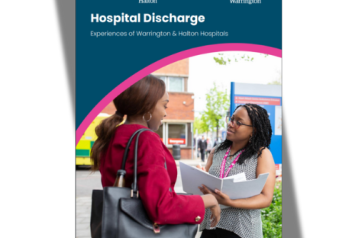Healthwatch report calls for improvements in Hospital discharge.


The report was based on the feedback from 90 patients and their carers/family members who had been inpatients at Halton or Warrington Hospital.
Where discharge had worked well, people highlighted good communication, feeling involved in the process, involvement of their family members where applicable, and good coordination and quality of aftercare. Too often, though, there were inconsistencies in the discharge experience of the patients we heard from.
What people told us
- Patients and their carers told us they are not given the right information or ongoing support when being discharged from hospital.
- 27% of patients said they were dissatisfied with how they’d been involved in conversations about their discharge.
- 43% of carers told us they were unhappy with the discharge and follow-up care of their loved ones.
- Many carers and family members told us they didn't feel prepared for their loved one's discharge.
‘At 1.30 in the morning my wife was discharged and told she could go home. There was no patient transport, and we couldn’t get a taxi... It was a total stranger who overheard our conversations who was at the hospital who volunteered to give us a lift home.'
- Carers were more likely than patients to say they were dissatisfied with the discharge process and care received following discharge (43% of carers, 25% of patients).
- Almost half of patients, 48%, said they weren't asked if they needed support in getting transport to the place they were discharged to, contrary to government guidance.
- Not all patients were aware if they had a care plan or not. If they had a care plan, they were often unaware of what was included.
What we called for:
- Patients and families need to be involved in conversations about their care and to be informed as early as possible in the process about what the possibilities are.
- All patients should be involved in formulating their care plans, and staff should discuss what is included with patients and family members.
- Improve the involvement of people in conversations about their discharge at all stages of their hospital journey.
- Better communication:
- Routinely ask people receiving hospital treatment or care and their family members whether they have any communication needs and act on these in line with duties outlined in the Accessible Information Standard.
- There needs to be a consistent approach to conversations around any support needed upon discharge.
'Carers were meant to be at home, but no one was there when I arrived home. Friends had to arrange food, this was not checked at discharge. Medication given just with leaflets in box. I had a discussion with GP and pharmacist myself when home.’
Lydia Hughes Chief Executive Officer for Healthwatch Warrington added, ' The discharge process involves a number of partners and services for it to go well. Improvements need to be made Warrington wide, and not just for the Hospital to take sole responsibility to create an action plan. Both Health and Social care can work together to achieve better outcomes for patients'
Although this is a national issue, there are still improvements we can make locally.'
Dave Wilson, Chief Executive Officer at Healthwatch Halton said, 'Hospital stays are frequently a time of stress and uncertainty for patients, and waiting for discharge can heighten this. It's important for the welfare of patients and their families and carers that the whole discharge process is as smooth and seamless as possible.
What we heard from patients and their families highlights the system's current inconsistencies. While we recognise that a ‘good discharge’ for patients will not necessarily always be one in which everything goes to plan, the negative impact of any delays or disruption can, in some cases, be mitigated by ensuring the patient, carer, or families are kept fully informed and involved at all stages of the process.
